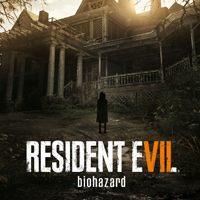Mysterious zombie. The Hard-Earned Success that Nearly Killed Resident Evil
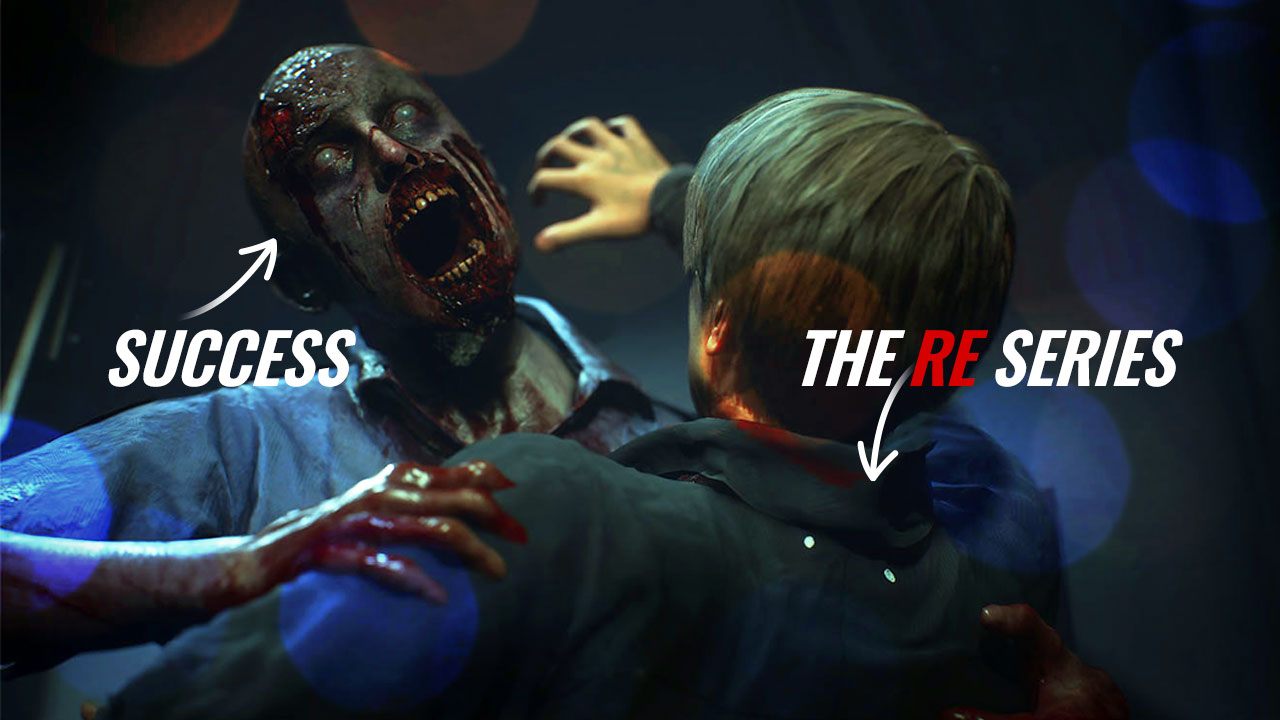
Mysterious zombie
Just as Resident Evil 4 as a whole turned out to be a very unlucky project for Capcom, the fourth approach to its creation was probably considered the least prospective, as we know by far the least about it and it was buried very quickly. A team led by Hiroshi Shibata was still working on the mysterious "zombie version." After numerous experiments, this time it was decided to return to a safer formula. The only major novelty was supposed to be a fresh type of human opponents called "dabamen" – later transformed into the ganados known from the final game.
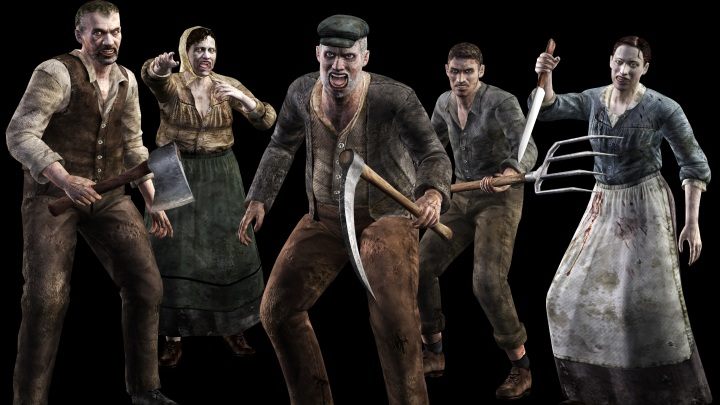
Such a conservative direction did not please Shinjie Mikami, who called it "boring." And it wasn't just him apparently, because after only a few months, the "zombie version" was binned, Shibata was removed from the project, and the brand returned to the hands of Mikami.
Last chance
After all this turmoil, the patience of Capcom's management was beginning to run out. Shinjie Mikami was told that his project had to be the last one, and if the game sold poorly, it would be the end of the entire series of Resident Evil. Also, team morale at this stage was already very low.
Nevertheless, Mikami was willing to push his vision and eventually convinced his subordinates of it as well. In a way, the game's development history has come a full circle, since just like in Kamiya's time, the whole thing was supposed to rely heavily on action. Some of Shibata's ideas were also used – Leon as the main protagonist, setting the game in Europe (including the castle), the virus infection theme.
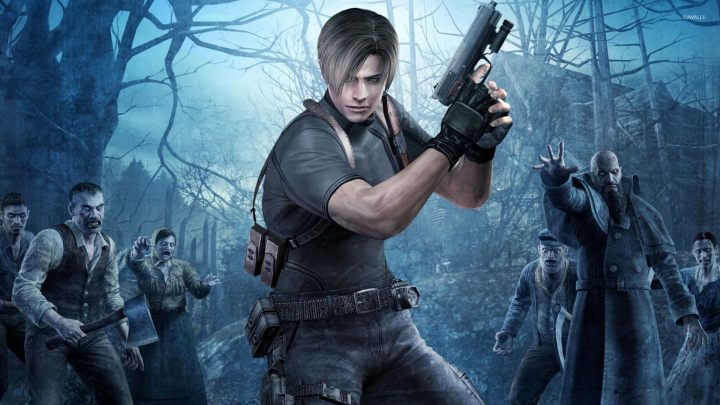
Above all, human opponents. The Ganados, as the Spanish villagers infected with the virus that triggers their murderous instincts and gives them superhuman endurance were called, turned out a hit. Much more dangerous than ordinary zombies, they forced players to use new tactics and be more mobile.
Increased ammunition availability, rebuilt equipment, a merchant-based progression system, much more comfortable controls and a freer camera have shifted the game's focus from horror to action, as intended. It was a risky move and indeed not all orthodox fans liked it, but the whole thing worked so well that the criticisms paled in comparison with the sea of praise. Even focusing large chunks of the game around escort missions somehow worked and didn't irritate in the way it does in most titles today.
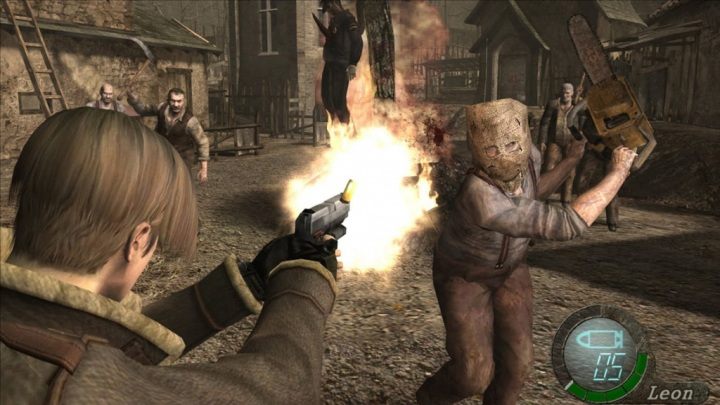
Looking back in 2021, the worst part of Resident Evil 4 were the quick time events that appeared in the cutscenes. Now heavily outdated and rather disliked, in 2005 they were treated as an interesting novelty that expanded action and cinematic experience.
Despite working under tremendous pressure, among low team morale, and with a history of failures, Mikami pulled off a small miracle – created in about a year, the final Resident Evil 4 for the GameCube turned out to be everything it wanted to be. An excellent new opening for the series, an inspiration for action games for years to come, and a great success – further cemented by improved ports to other hardware platforms in the years to come. A success that had paradoxically almost dragged the entire series into a grave.
Camera; action!
Resident Evil 4, while revolutionary, didn't forget it was a Resident – it still managed to be scary, especially in the first few hours of gameplay. The partly human enemies were even more frightening, and the effect was compounded by the perhaps accidentally achieved, albeit effective play on the incomprehension of simple rural people displayed, if only subconsciously, by the "young, educated people from metropolises."
Meanwhile, Capcom executives learned one lesson from the game's success and that was: "people want more action." Hence, subsequent installments were even more focused on fighting hordes of enemies, forgetting about creating a dark atmosphere. Resident Evil 5 debuted in 2009 and very quickly stopped pretending to be a survival horror game. It focused on pure, over-the-top cinematics and action-packed gameplay designed primarily for two-player co-op. And it worked. The game received solid ratings and sold very well, cementing Capcom's conviction that it was good.
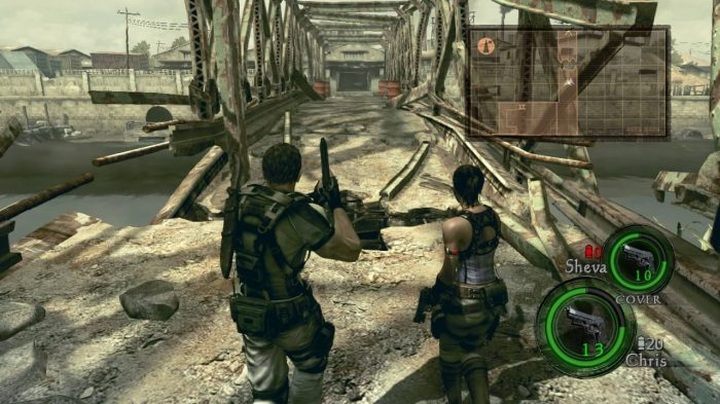
Resident Evil 6, released three years later, proved that this was not the case. A gigantic budget, over 600 people on the payroll, a definitive rejection of horror roots and a complete focus on shooters gave us – surprise, surprise – a pure action game. The thing is, it doesn't really stand out from the crowd of other, simply better action games – it was full of absutd story moments, plot holes, kitsch, incongruent campaigns, and half-baked mechanics. The strength of the brand made RE6 sold very well, but critical reception was polarized. Fans almost universally hated it.
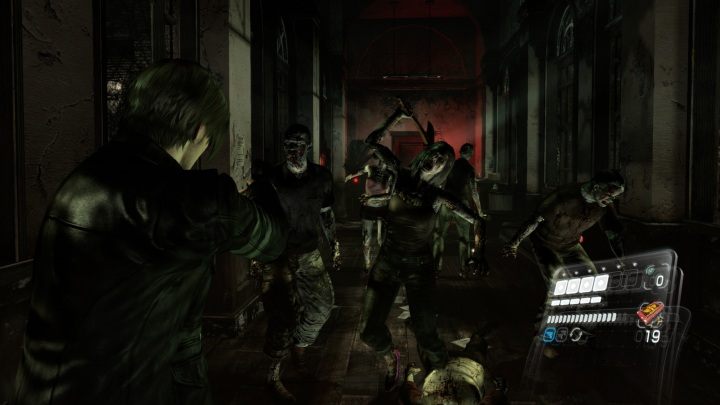
The series had lost everything that made it stand out, and it became clear that continuing to push in that direction was a road to nowhere. The original plans for Resident Evil 7 to be another action-packed game were abandoned, instead opting for yet another revolution. Today, we can easily say that it is no less successful than the one brought by part four.
Clever revolution
Resident Evil 7 reimagined the series, but Village went in a different direction. While the game introduces some new ideas, it primarily bridges the gap between what's new and what was best about four. And perhaps that's why almost everyone seems to enjoy it. The story of this cycle perfectly shows that it is not worth sticking to solutions once digested without accepting anything new. Especially when the original ideas are so good that they'll be a good, classic foundation in fifteen years. It's worth keeping an open mind, especially since the classics aren't going anywhere, and we can always come back to them. But the story also shows that big changes should be made prudently, with respect for the original DNA of the series, and that even after their success, it's sometimes worth taking a step back and, for example, tying the new to the old more tightly.
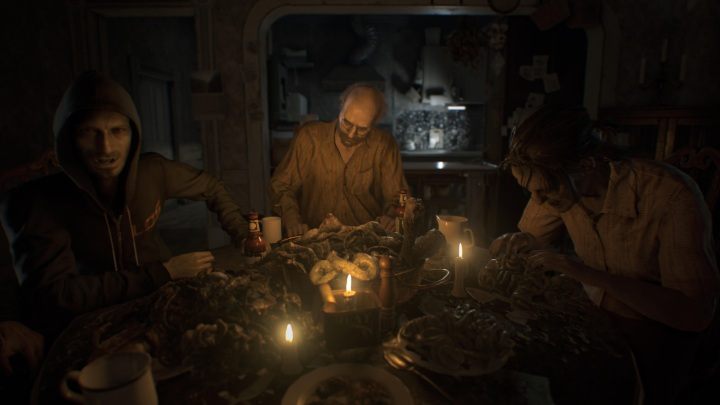
Capcom learned its lesson and now seems to be perfectly balancing what's new and what's old in Resident Evil. But as the story of Resident Evil 4 proved, we were inches away from the death of the entire series if fans were less forgiving of the changes. And we were just a few megabytes of GameCube RAM short of the series becoming something completely else. Shinji Mikami's slightly power of persuasion also must have came in handy. All the more reason, then, to appreciate what this series has ultimately become. Especially since the birds are chirping louder and louder about the fact that we may be getting a remake of the film in the near future.
